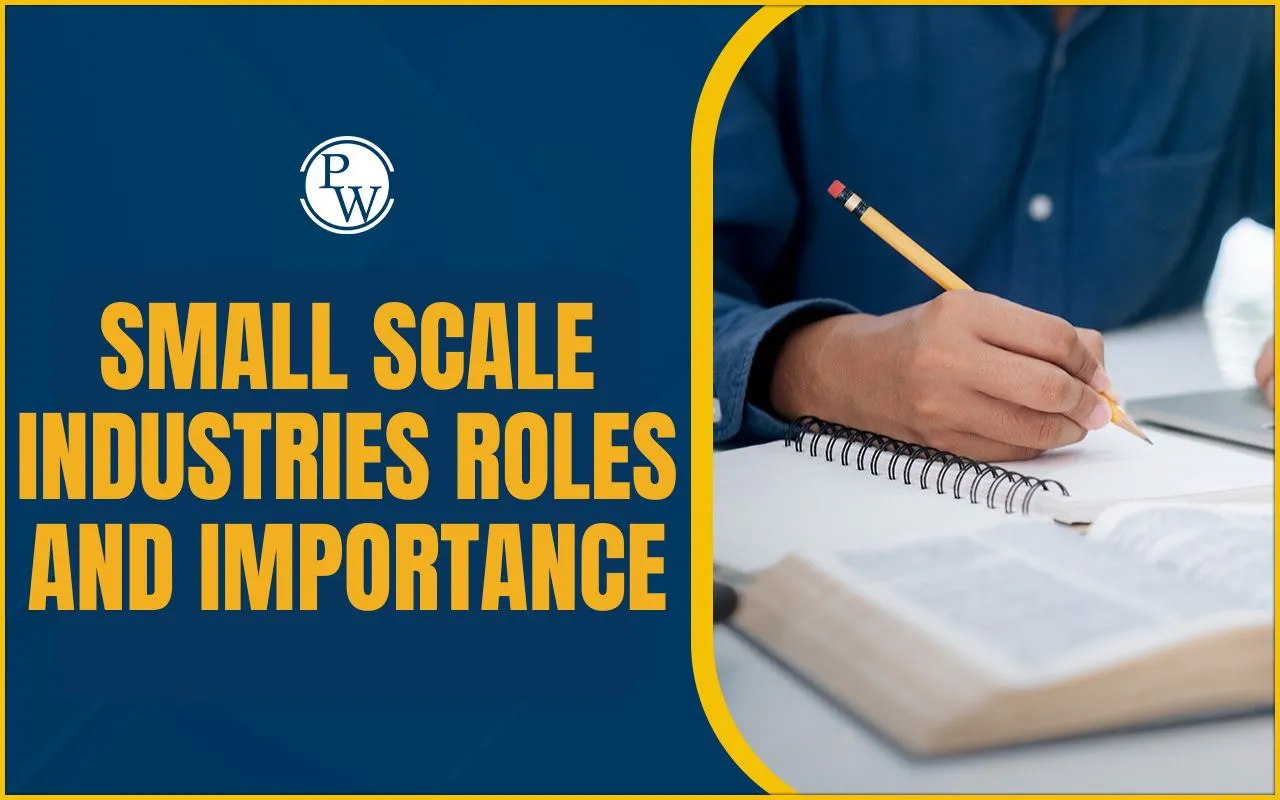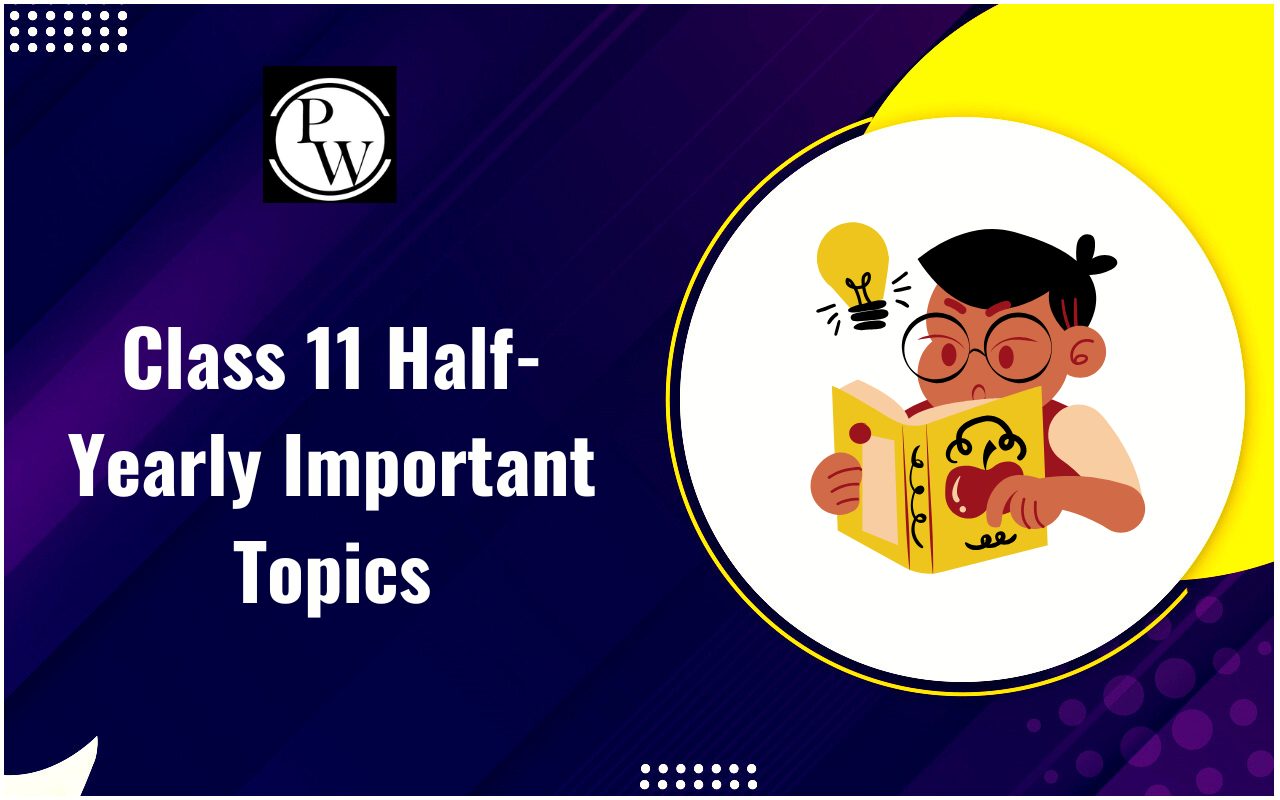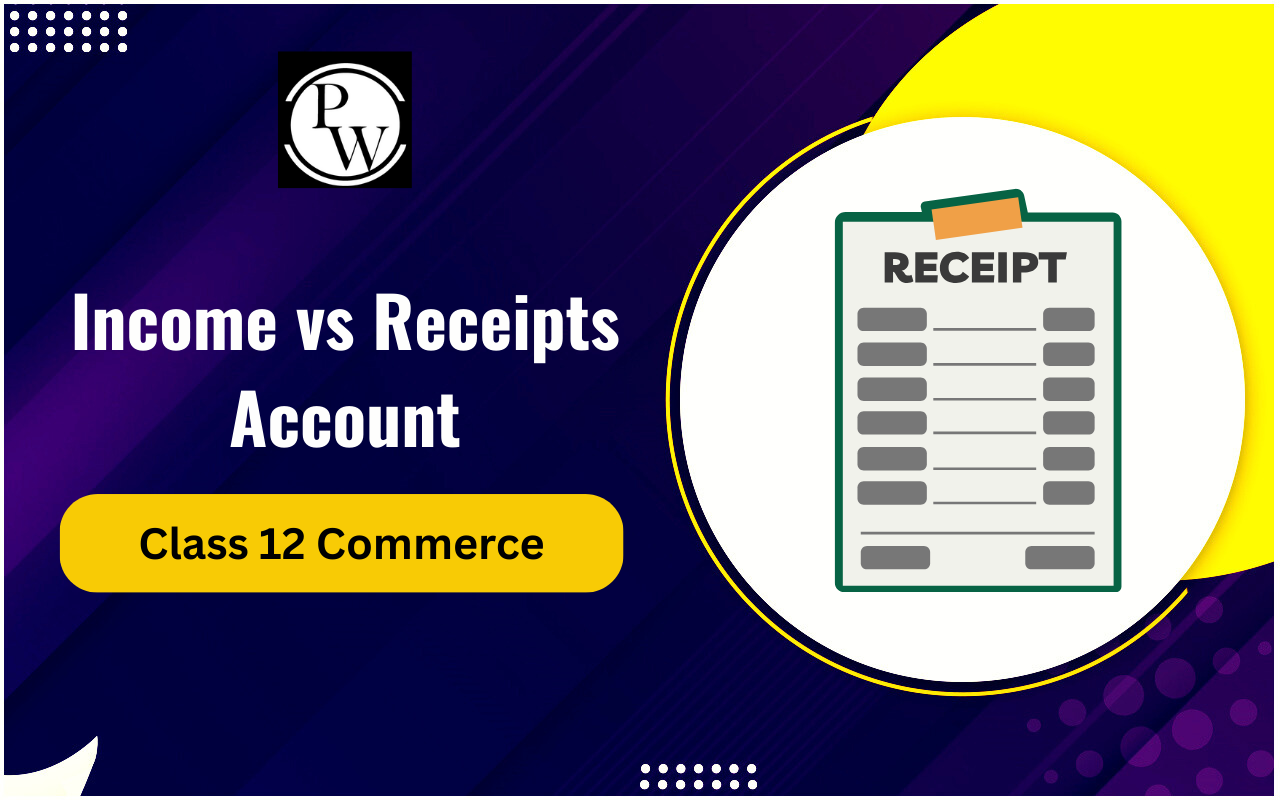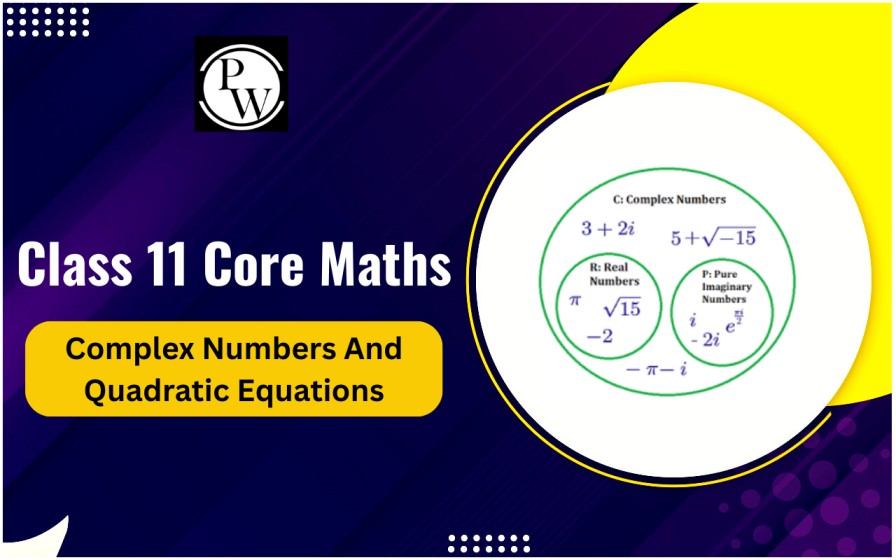

When purchasing products or services, whether tangible or intangible, we often find ourselves scrutinizing the details before making the final decision. This scrutiny includes checking the manufacturing date, warranty period, quality, and nutritional value of food products. For electronic goods like laptops, the process becomes even more meticulous — we evaluate specifications, check the manufacturer's reputation, and assess the warranty validity.
Similarly, when availing of services such as booking a hotel room, purchasing a vacation package, or installing Wi-Fi at home, we want to ensure the reliability and quality of the service provider. Understanding the difference between condition and warranty is essential for both buyers and sellers, as it determines the nature of the obligations, rights, and remedies associated with the contract. A sales agreement is a contract formed between a buyer and a seller, engaging in a material transaction. Within this agreement, two key components — conditions and warranties — play a significant role in outlining the responsibilities, rights, and liabilities of the parties involved. In this blog, we will learn the key differences between condition and warranty, how they affect contractual agreements, and their implications in various transactions.What are Conditions?
A condition refers to a vital term or provision in a sales agreement that forms the foundation of the transaction. Conditions represent the essential requirements that must be fulfilled for the contract to be valid. If these conditions are not met or are breached, the aggrieved party may have the right to terminate the agreement and seek appropriate compensation. In legal terms, conditions are more critical than warranties, and a breach of a condition allows the non-breaching party to cancel the contract. There are two main types of conditions: Implied Conditions : These are not explicitly stated in the contract but are assumed or understood by law to be part of the agreement. They are generally based on legal principles or industry standards and are automatically assumed to be in effect. Express Conditions : These conditions are explicitly stated in the contract. Both parties must clearly understand and agree to these terms before entering into the agreement.What is a Warranty?
A warranty, on the other hand, is a secondary promise or guarantee made by the seller regarding the quality or performance of the product or service being sold. Unlike conditions, warranties are not fundamental to the contract. A warranty is typically a guarantee that certain aspects of the product or service will meet specific standards, such as the product being free from defects or performing as expected within a certain period. The difference between condition and warranty lies primarily in the severity of the breach. A breach of condition may result in contract termination, while a breach of warranty typically results in a claim for compensation but does not invalidate the contract itself.Types of Conditions
Conditions can broadly be categorized into the following types:Implied Conditions
Implied Understanding Regarding Title : It is assumed that the seller has the legal right to sell the goods and transfer ownership to the buyer. If there are any defects or fraud involved, the buyer has the right to claim damages. Implied Knowledge of Quality and Fitness : This condition assumes that the seller is aware of the buyer’s intention and has the necessary knowledge to provide goods that are fit for the purpose intended by the buyer. For instance, if a buyer purchases a jacket for winter wear, it is implied that the seller understands the buyer’s need for warmth and will provide suitable quality. Sale by Description : When goods are sold according to a description, the product must meet the specifications outlined. If the goods fail to meet the description, the buyer can claim damages or cancellation based on the breach of condition. Sale by Sample : When goods are sold based on a sample, the bulk products must conform to the quality and features of the sample. If the bulk goods do not match the sample or have defects, the buyer has the right to reject the goods or seek compensation.Expressed Conditions
These are clearly stated in the sales agreement. Both parties agree to these terms before the contract is executed. It is essential that buyers carefully read and understand these conditions to avoid confusion or dispute later on.Key Difference Between Condition and Warranty
Below we've mentioned key difference between condition and Warranty:| Difference Between Condition and Warranty | ||
| Aspect | Condition | Warranty |
| Definition | A condition is a fundamental term of the contract, vital for its execution. | A warranty is a secondary term, ensuring the quality or performance of the product/service. |
| Importance | Conditions are essential to the contract. Breach may lead to cancellation. | Warranties are non-essential and do not lead to contract cancellation upon breach. |
| Breach Consequences | Breach allows for contract termination and possible damages. | Breach allows for compensation or repair, but contract remains intact. |
| Example | A product must meet a specific standard or functionality. | A manufacturer promises that a product will be free from defects for a certain period. |
| Effect on Contract | Breach of a condition can nullify the entire agreement. | Breach of a warranty does not affect the contract’s validity. |
Practical Examples of condition and Warranty
Below we've mentioned some examples of Condition and Warranty: Condition Example : A person buys a laptop with the condition that the product must come with the latest version of a specific processor. If the processor is outdated or different from what was agreed upon, the buyer has the right to cancel the contract and seek a refund. Warranty Example : A buyer purchases a washing machine with a one-year warranty against defects. If the machine stops working within the first year due to a defect, the buyer can claim repairs or a replacement under the warranty, but the original contract remains intact. The difference between a condition and warranty lies in their importance, their impact on the contract, and the consequences of their breach. Conditions are fundamental to the agreement, and their breach can lead to the cancellation of the contract. Warranties, while important, serve as secondary assurances about the quality or performance of the goods or services. Understanding Difference Between Condition and Warranty helps in making informed decisions when entering into sales agreements, and it ensures that both buyers and sellers understand their rights and obligations. Join PW Commerce Online Course and unlock your potential with quality education and dedicated learning support.Difference Between Condition and Warranty FAQs
What is the main difference between a condition and a warranty in a contract?
A condition is a fundamental term that affects the core purpose of the contract. Breaching a condition can lead to contract termination. A warranty, on the other hand, is a secondary term that assures the quality or performance of a product or service but does not affect the validity of the contract if breached.
Can a breach of a condition lead to the cancellation of the contract?
Yes, breaching a condition allows the non-breaching party to cancel the contract and claim damages. Conditions are essential to the contract’s fulfillment, and their breach undermines the agreement.
Does a warranty breach lead to the termination of the contract?
No, a warranty breach does not lead to the termination of the contract. Instead, the non-breaching party can seek compensation or request a repair or replacement, depending on the terms of the warranty.
Are conditions and warranties the same?
No, they are different. Conditions are critical to the contract's purpose and can lead to its cancellation, while warranties are promises related to the product's quality or performance and allow for compensation but not cancellation.
Can warranties be implied in a contract?
Yes, warranties can be implied by law, even if not explicitly stated in the contract. Implied warranties ensure that the product or service is suitable for the buyer's intended purpose or meets certain standards of quality.
Talk to a counsellorHave doubts? Our support team will be happy to assist you!

Free Learning Resources
PW Books
Notes (Class 10-12)
PW Study Materials
Notes (Class 6-9)
Ncert Solutions
Govt Exams
Class 6th to 12th Online Courses
Govt Job Exams Courses
UPSC Coaching
Defence Exam Coaching
Gate Exam Coaching
Other Exams
Know about Physics Wallah
Physics Wallah is an Indian edtech platform that provides accessible & comprehensive learning experiences to students from Class 6th to postgraduate level. We also provide extensive NCERT solutions, sample paper, NEET, JEE Mains, BITSAT previous year papers & more such resources to students. Physics Wallah also caters to over 3.5 million registered students and over 78 lakh+ Youtube subscribers with 4.8 rating on its app.
We Stand Out because
We provide students with intensive courses with India’s qualified & experienced faculties & mentors. PW strives to make the learning experience comprehensive and accessible for students of all sections of society. We believe in empowering every single student who couldn't dream of a good career in engineering and medical field earlier.
Our Key Focus Areas
Physics Wallah's main focus is to make the learning experience as economical as possible for all students. With our affordable courses like Lakshya, Udaan and Arjuna and many others, we have been able to provide a platform for lakhs of aspirants. From providing Chemistry, Maths, Physics formula to giving e-books of eminent authors like RD Sharma, RS Aggarwal and Lakhmir Singh, PW focuses on every single student's need for preparation.
What Makes Us Different
Physics Wallah strives to develop a comprehensive pedagogical structure for students, where they get a state-of-the-art learning experience with study material and resources. Apart from catering students preparing for JEE Mains and NEET, PW also provides study material for each state board like Uttar Pradesh, Bihar, and others
Copyright © 2025 Physicswallah Limited All rights reserved.











